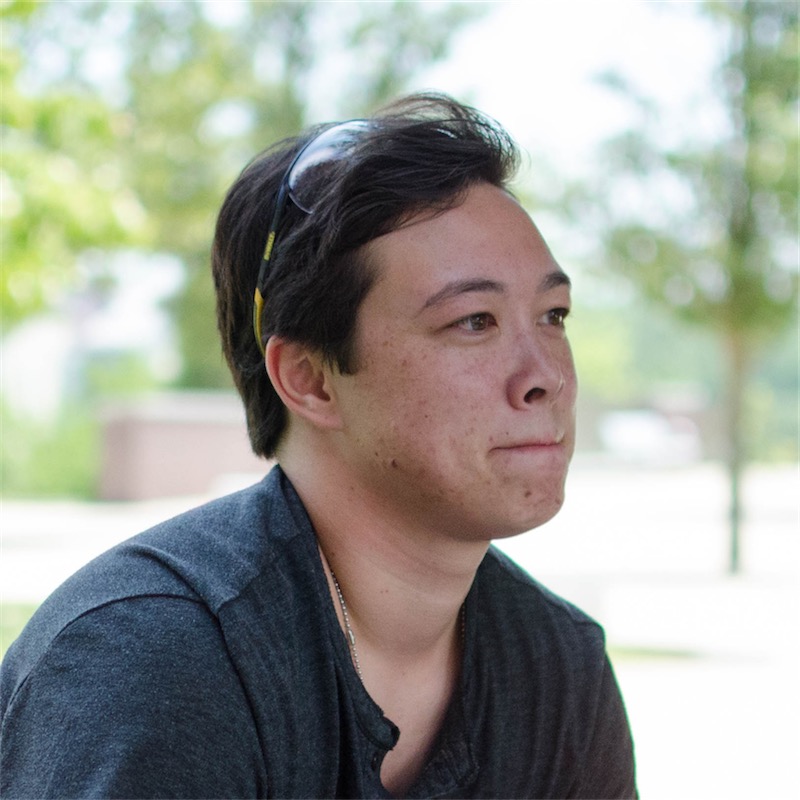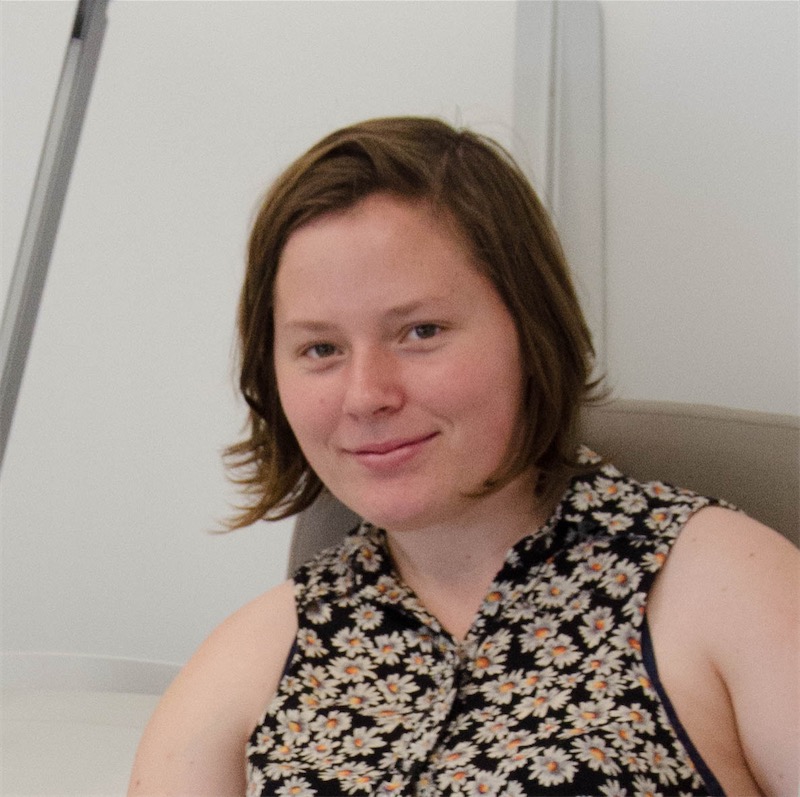Team Reflections
Over the course of the summer, every participant in the project created a daily #sixwordstory. Sometimes they were humorous. Sometimes dire. Occasionally they were rushed, but they were always insightful. At morning standup meetings team members shared their six word stories as a way of capturing and communicating their present thinking about the project. At the end of the project, each participant used their collection of six word stories to reflect on the project, the ways in which it changed them, their accomplishments, and opportunities for improvement. Those reflections are below.

Jayce Chow
If, someday in the future, I decided to open a machine shop of my own…the space would be social. That means food and project displays and Happy Hours. Giving users a reason to step away from whatever they’re making and talk with other people, be that getting to know what others are working on or who others are outside of the shop. Not only do I want to foster a culture where users get help from other users, but for them to get more out of the space than just being able to use the machines.

Evan Cusato
If I could synthesize what I learned in this project, I would say this: Question everything and create purposefully to find answers. As crucial as it is to think through designs and ideas fully, those ideas are worthless unless manifested. Only in some physical form do they create value and impact… Thinking is the easy part. Acting on your conclusions and turning them into something that is worthwhile is the hard part.

Isabel "Izzy" Harrison
Six months ago I spent a foggy morning sitting by the beach designing ductwork (and avoiding writing this reflection). Weeks after our summer project had wrapped up, I was sitting at home on vacation, still too excited about this project to be doing anything else. Today I am sitting at the desk I created in our new woodshop. Just a couple weeks ago we formally opened the doors, and we have already trained around 20 community members. Just eight months ago, this was merely an idea in my head.

Liz Leadley
Over the course of the summer, I learned a lot about how to plan and end projects. I joined this experience with very vague expectations; I wanted to make an impact, with little definition of what that looked like or how I would get there. As the summer progressed, I slowly picked up what made a project really last. Rather than starting projects with an idea and a direction, start with the end in mind.

Steven Meyer
When working this summer, I realized that there is a gentle balance between two of my six word stories, “Too much urgency leads to mistakes,” and “Too much thinking, not enough making.”…If I were to do this again I would follow this new six word story, “Plan for the possible, not possible.” Really understanding how you work can be really powerful when planning. Personally, sometimes I get caught up in what is actually possible and not what is actually probable.

Sunny Shroff
If you want to make a change, whether it be big or small, it is necessary to know why you want to make the change and what goals the result should accomplish. Without synthesizing the answers to these questions, the change has no purpose. But often, breaking down these initial ideas takes time and a great deal of thinking. It may feel like you are going nowhere, but push through and the resulting work you do will feel much more purposeful and fulfilling.